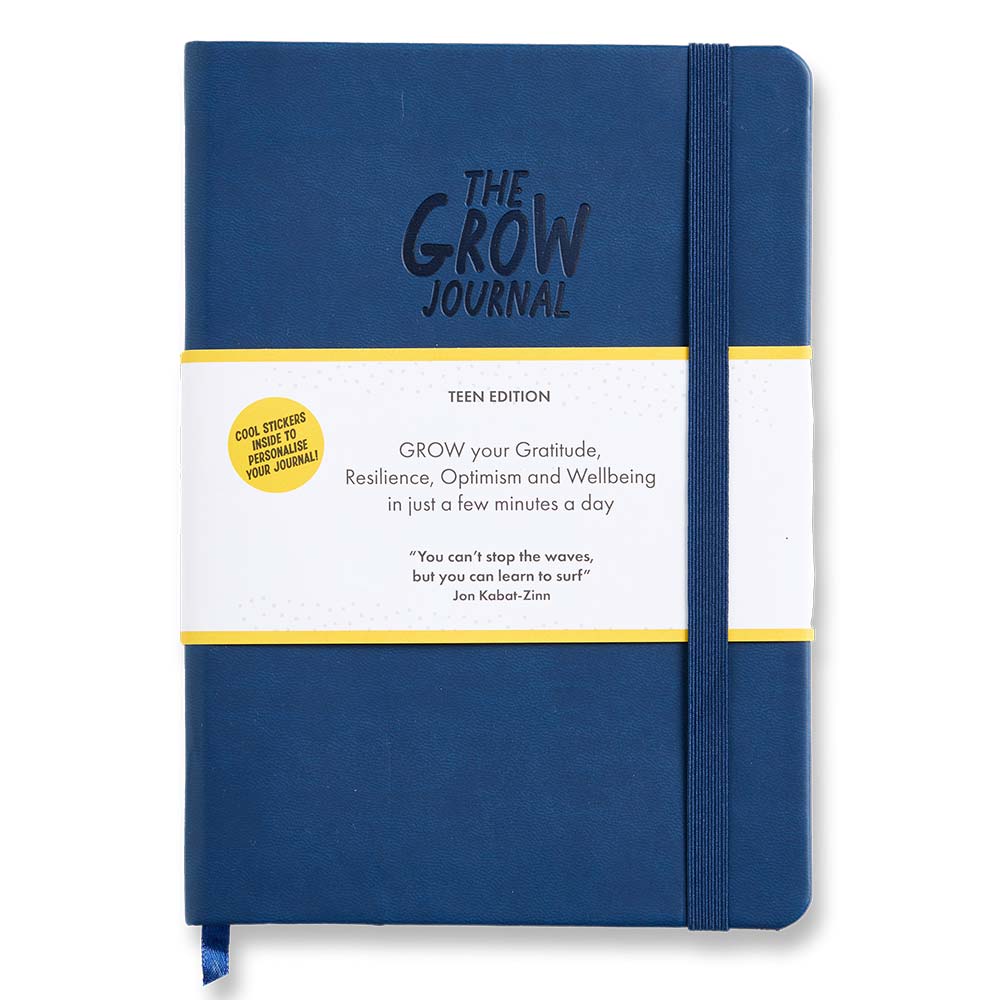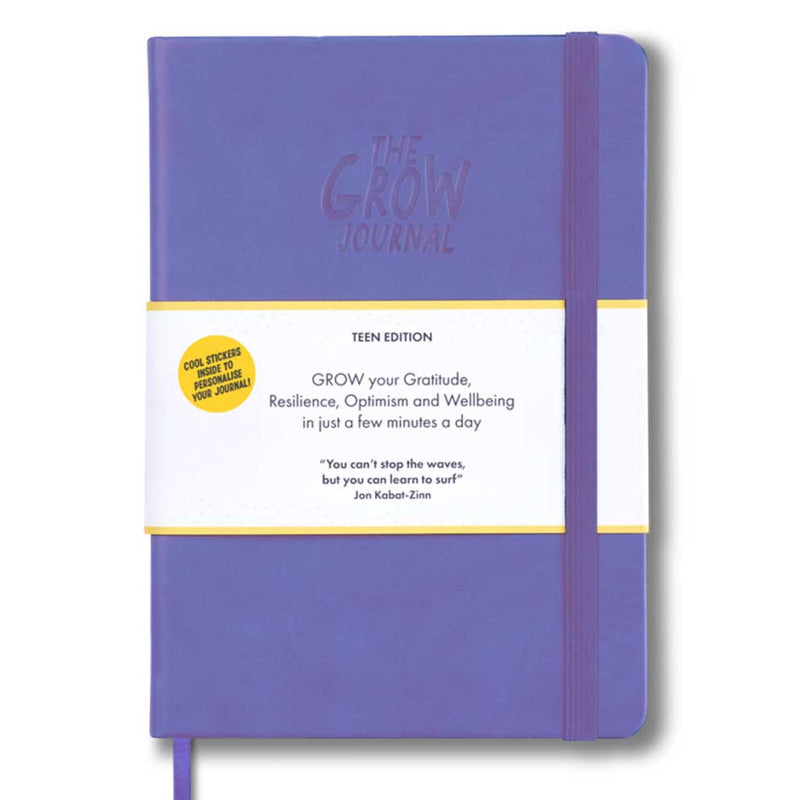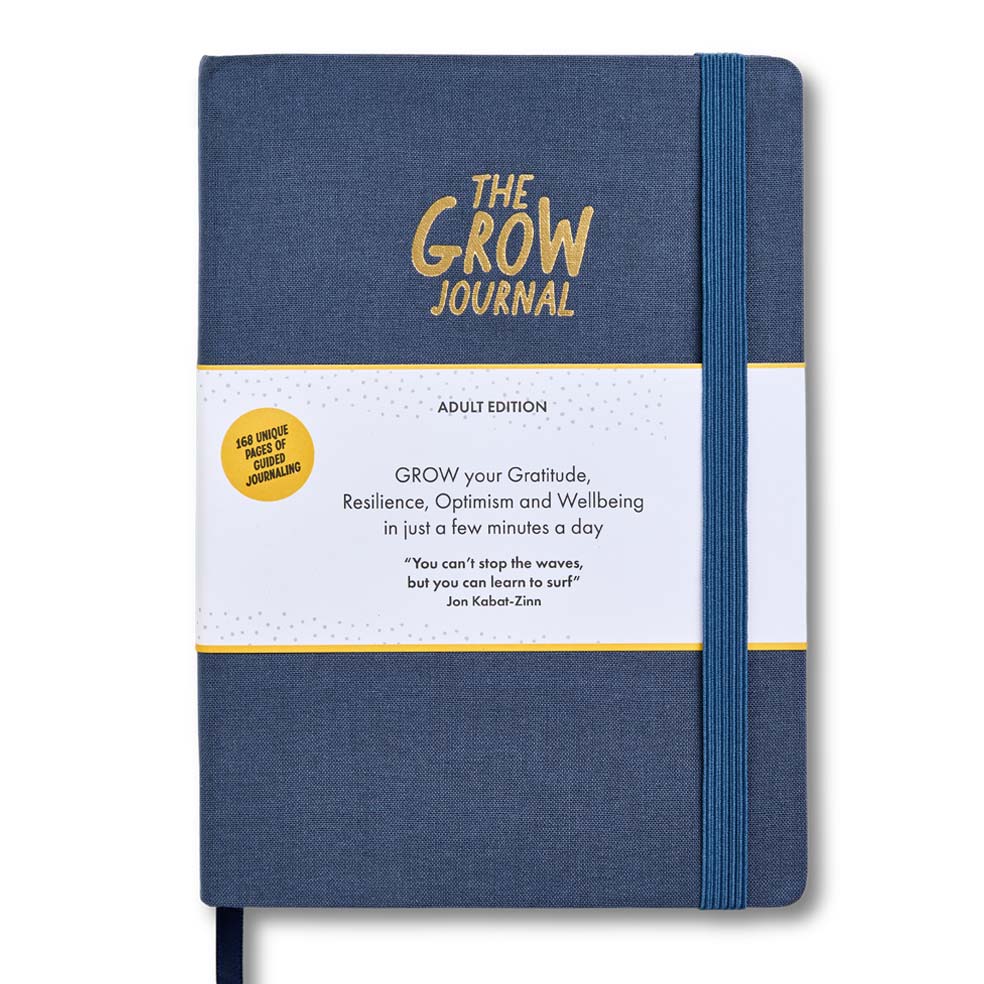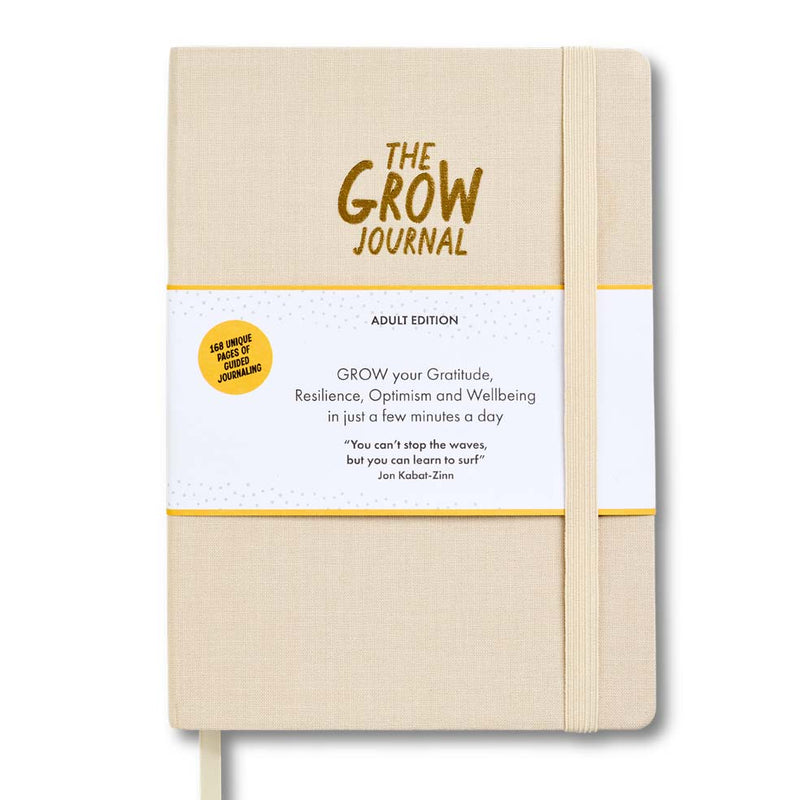Journaling For Teen Stress
Do your teens experience stress? Some level of stress is a normal part of life, especially during adolescence—a time of significant physical, emotional, and cognitive development.
As parents, we are always looking for ways to support them. Introducing journaling is a great starting point. It has been shown to reduce stress and is accessible for anyone, especially when using a guided journal that can take as little as a few minutes each day.
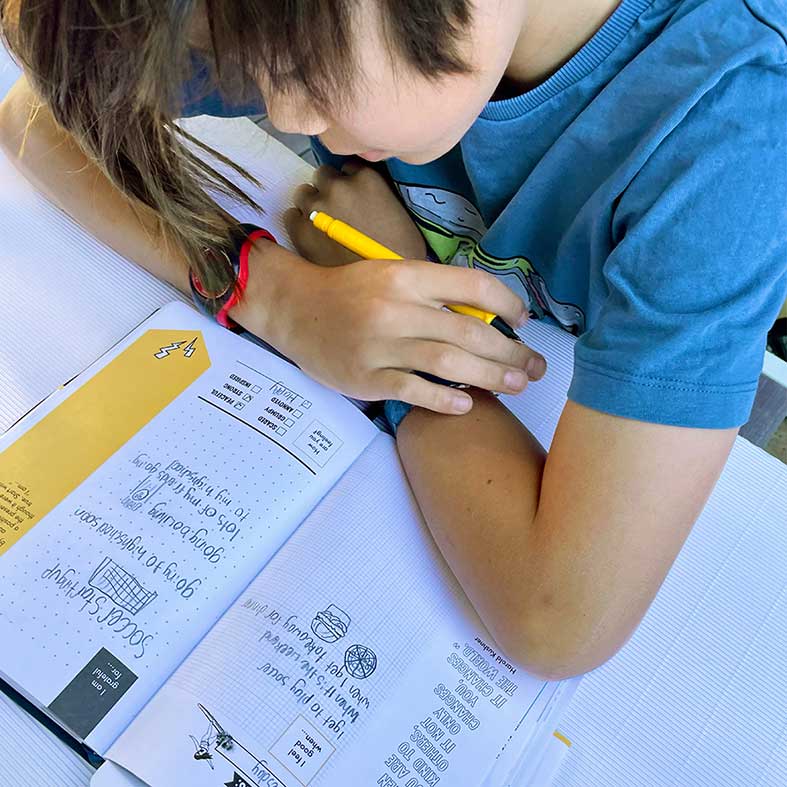
Why Try Journaling?
Science has proven that journaling is more than just writing.
When teens write their thoughts down, they externalise them from their mind onto paper.
This process helps them observe their thoughts as separate from themselves, which is particularly helpful when dealing with overwhelming or confusing thoughts. It also promotes a more objective perspective.
Journaling offers numerous other benefits that are especially helpful for teens, such as improving memory, enhancing problem-solving skills, and supporting decision-making.
Guided Journaling for Teens
Consider introducing guided journaling, where teens simply need to respond to prompts.
Our Teen guided gratitude journals offer the added benefit of incorporating a gratitude practice, which has incredible benefits on its own. You can learn more about these benefits here.
In addition to daily guided journaling pages, teens can explore and receive support on specific topics such as comparison, procrastination, self-worth, judgment, and self-compassion.
There are also practical tips for navigating stress in their day-to-day lives.
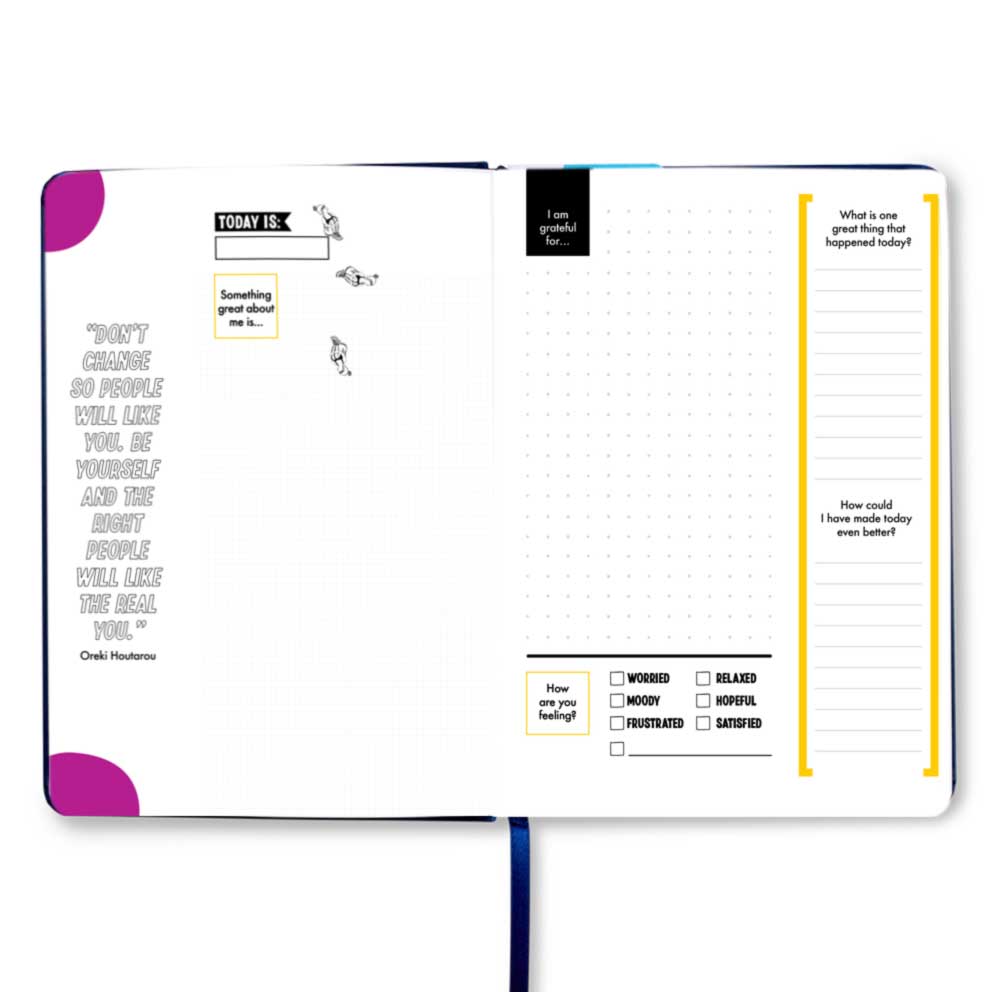
Free Journaling
Another way to start is to begin with a blank notebook and free journal, or pick one prompt or topic to explore. Here are some journaling prompts to help get them started.
They can pick whichever prompt/s they feel most drawn to. Maybe they choose a different one each day, or maybe they use the same prompt for a while, helping them explore and gain deeper insight.
Describe Your Day: Write about what happened today. What went well? What was challenging?
Current Feelings: How are you feeling right now? Describe your emotions in detail.
Stress Triggers: What specific things have been causing you stress lately? Why do they affect you?
Relaxation Techniques: What activities help you relax? How can you incorporate more of these into your day?
Self-Care Plan: What are some ways you can take better care of yourself? Create a self-care plan.
Free Writing: Spend 10 minutes writing whatever comes to mind. Don’t worry about structure or grammar.
Daily Highlights: What were the best parts of your day? Focus on the positives.
Challenges and Strengths: What challenges have you overcome recently? What strengths did you use to overcome them?
Future Vision: Imagine a stress-free day. What would it look like? How can you bring elements of that vision into your daily life?
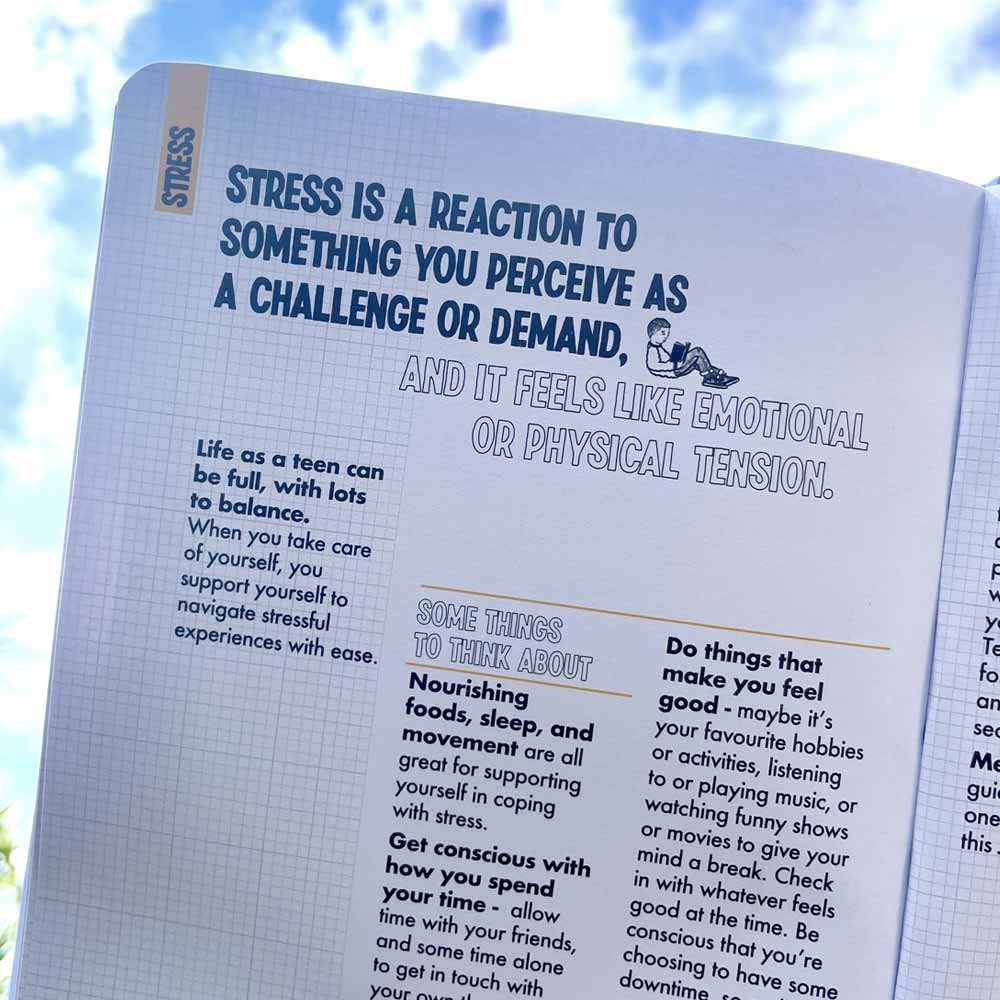
Journaling: A Lifelong Skill
Encouraging teens to journal is not just about managing current stress—it's about equipping them with a lifelong tool for emotional well-being. The skills they develop through journaling can support their mental health throughout adolescence and into adulthood.
Incorporating journaling into your teen’s routine doesn’t need to be complicated. Encourage them to set aside a few minutes each day to write freely or use guided prompts. Bedtime can be an ideal time for journaling as it allows teens to process their emotions from the day and often promotes relaxation before sleep.
Journaling is a personal practice that evolves with them, adapting to their changing needs and experiences.
Try Journaling For Yourself!
Have you heard the James Baldwin quote, "Children have never been very good at listening to their elders, but they have never failed to imitate them”?
Why not try journaling yourself? When you suggest it to your teens as a helpful tool, you can speak from personal experience!
We also offer a guided gratitude journal for adults, which you can find here.
Teen GROW Journal︱12 years +
- Regular Price
- $44.95
- Sale Price
- $44.95
- Regular Price
-
- Unit Price
- Translation missing: en.general.accessibility.unit_price_separator
Adult GROW Journal
- Regular Price
- $44.95
- Sale Price
- $44.95
- Regular Price
-
- Unit Price
- Translation missing: en.general.accessibility.unit_price_separator

